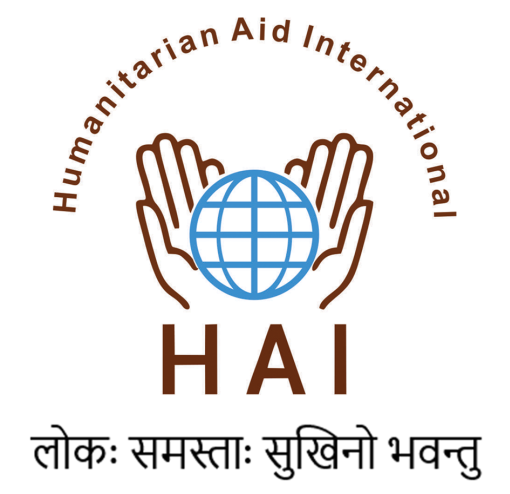ABOUT HAI
Humanitarian Aid International (HAI) is a not-for-profit organisation headquartered in New Delhi, India. We work for the endowment of an equitable humanitarian sector rooted in local and traditional capacity strengthening through four thematic areas;
•Humanitarian Response •Disaster Risk Reduction •Climate Change •Humanitarian Advocacy
HAI has consistently advocated for capacity sharing through global South-South cooperation and strengthening LNGOs across the global South in collaboration with actors from the global North. HAI is engaged with several local, national and global groups including the Grand Bargain, Charter4Change (C4C), the Alliance for Empowering Partnerships (A4EP) and Start Network among several others.
Our Vision
We envision a world where every individual has access to the resources and opportunities necessary for a dignified and prosperous life. HAI aspires to eradicate poverty, hunger, and conflict by embracing indigenous value systems and leveraging Global-South cooperation. Through collaboration with local actors and integration of their wisdom into international frameworks, we aim to build resilient communities and break the cycle of social isolation, restoring hope for a more equitable and sustainable future.
Our Mission
Our mission is to provide transformative humanitarian aid and development support, strengthening local communities and CSOs by promoting localised solutions, enhancing capacities, and advocating for the dignity of life and rights of the most vulnerable. By utilizing innovative and context-driven models, grassroots strength and frontline actors we address structural inequities, decolonize aid frameworks, and support local actors to foster resilience, equity, and sustainable growth in society.
Our Thematic Areas
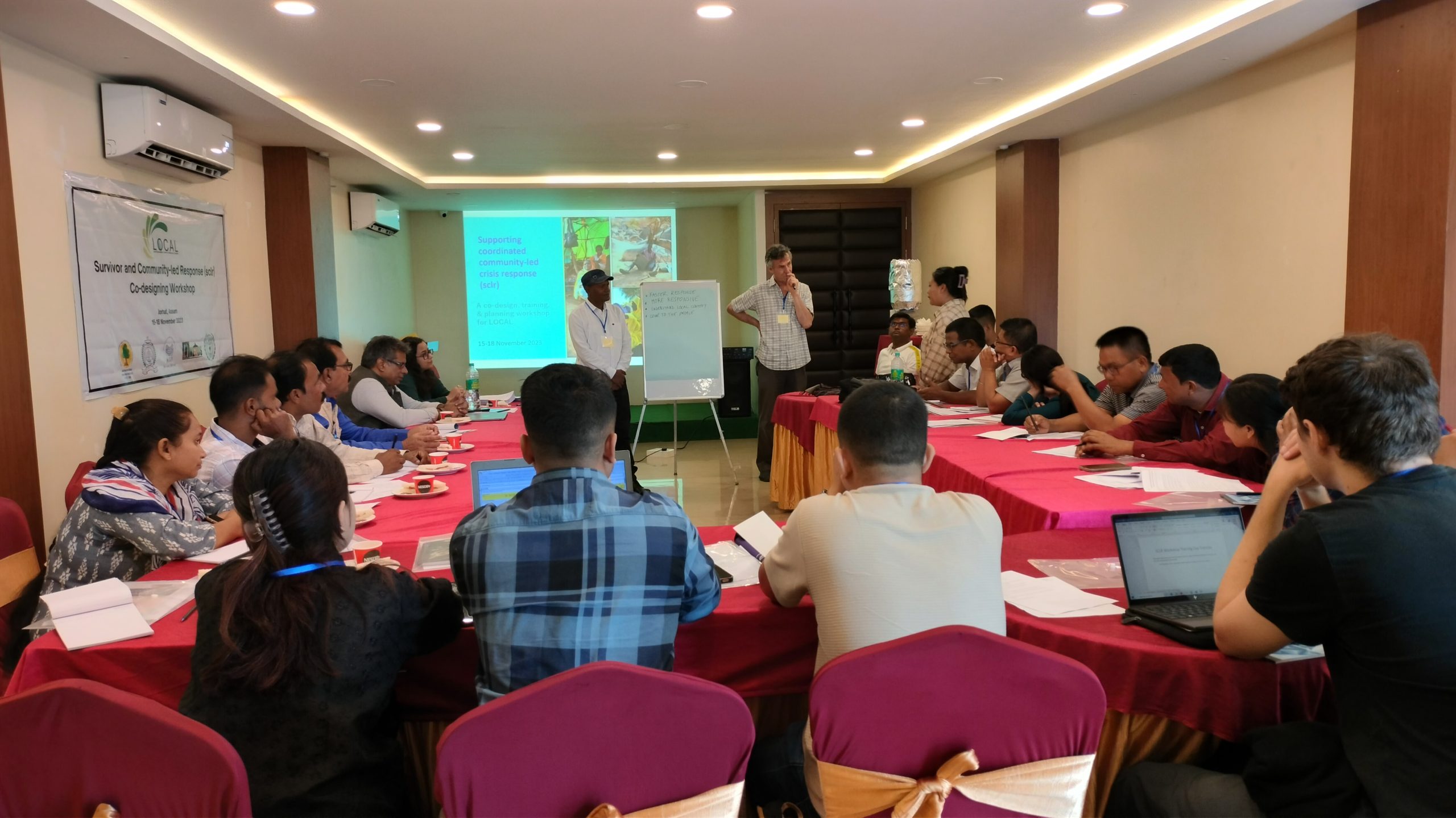
Humanitarian Advocacy
Within and outside India. Strong Emphasis on LOCALISATION and decolonisation to amplify voices of local actors to strengthen an Indigenous and locally-led humanitarian architecture.
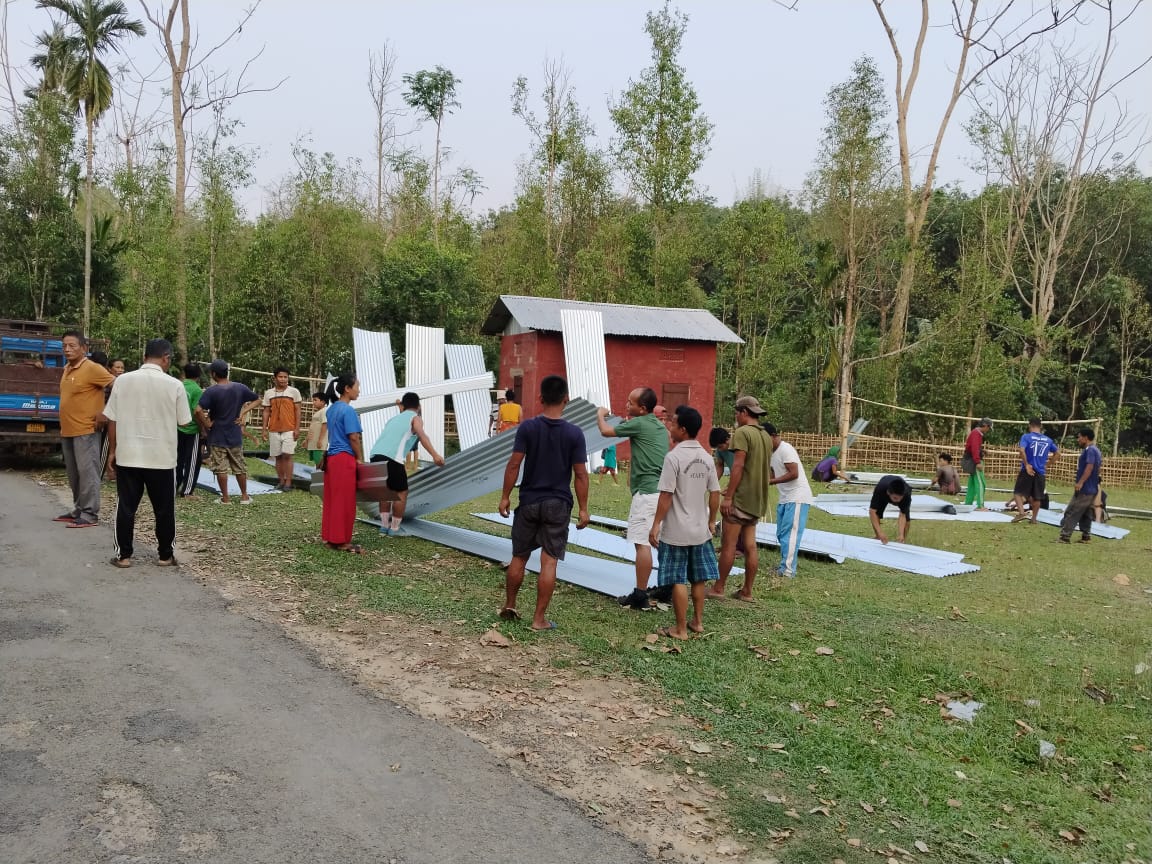
Humanitarian Response
Enhancing emergency response architecture to make it timely, effective, cost-efficient and relevant for affected communities through its network for local organisations.
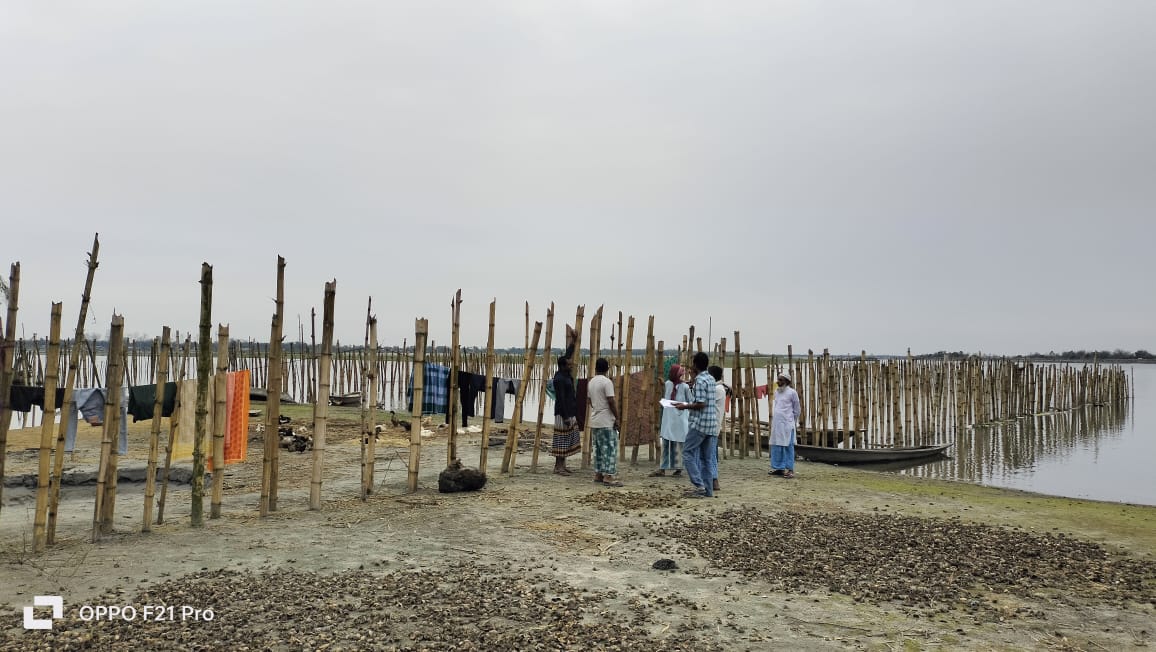
Disaster Risk Reduction
Build resilience and minimise disaster risk through anticipatory risk mitigation programmes and technology-enabled solutions.
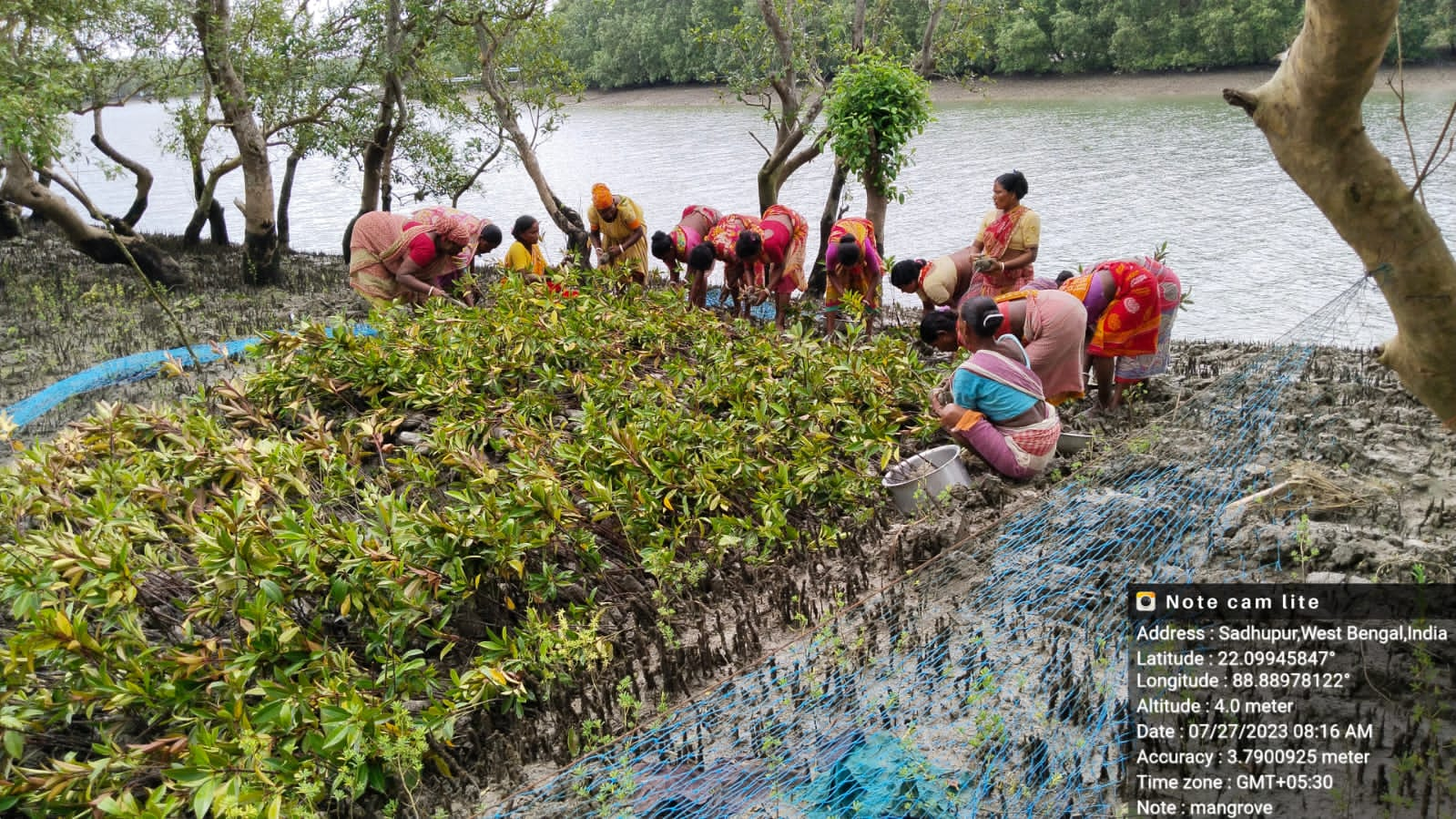
Climate Change and Resilience
Promote climate resilience and strengthen the adaptive capacities of communities at risk of adverse impacts of climate change and climate-related disasters.
